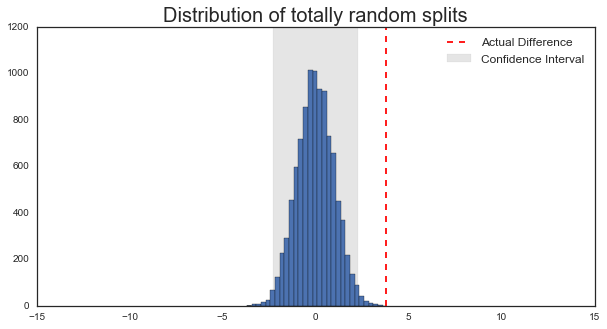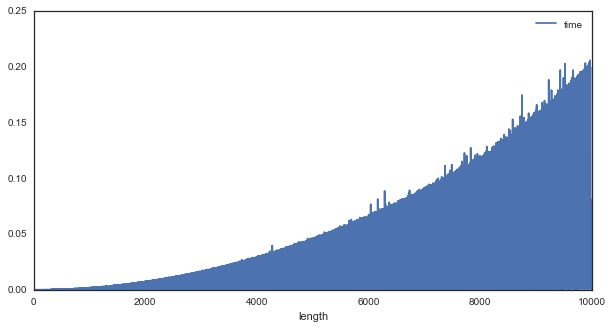Posts tagged computation
Could Brexit have happened by chance?
- 08 July 2016
As a scientist, watching the Brexit vote was a little bit painful. Though probably not for the reason you’re thinking. No, it wasn’t the politics that bothered me, but the method for making such an incredibly important decision. Let me explain…
Scientists are a bit obsessed with the concept of error. In the context of collecting data and anaylzing it, this takes the form of our “confidence” in the results. If all the data say the same thing, then we are usually pretty confident in the overall message. If the data is more complicated than this (and it always is), then we need to define how confident we are in our conclusions.

The beauty of computational efficiency
- 02 July 2016
When we discuss “computational efficiency”, you often hear people throw around phrases like $O(n^2)$ or $O(nlogn)$. We talk about them in the abstract, and it can be hard to appreciate what these distinctions mean and how important they are. So let’s take a quick look at what computational efficiency looks like in the context of a very famous algorithm: The Fourier Transform.
Briefly, A Fourier Transform is used for uncovering the spectral information that is present in a signal. AKA, it tells us about oscillatory components in the signal, and has a wide range of uses in communications, signal processing, and even neuroscience analysis.
